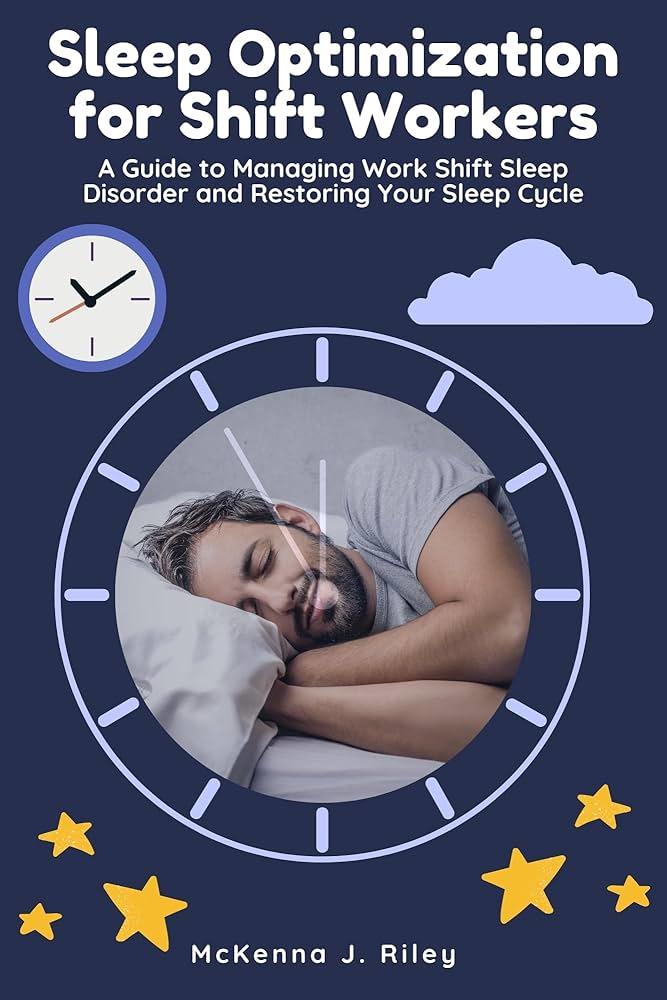In the hustle and bustle of modern life,where productivity often trumps self-care,the humble act of sleeping can sometimes feel like a luxury rather than a necessity. Yet beneath the surface of this nightly ritual lies a complex and vital process that is crucial to our physical health. Sleep is not merely a period of inactivity; it is a dynamic state where our bodies engage in essential repair work, restoring energy, strengthening immune functions, and even regulating mood. as we delve into the intricate relationship between rest and physical well-being, it becomes clear that sleep is not just a passive escape from the day’s demands, but an active cornerstone of health that warrants our attention and respect. Join us as we explore the profound effects of sleep on our bodies and uncover why prioritizing rest may be one of the most effective investments we can make in our overall wellness.
Understanding Sleep’s Impact on Muscle Recovery
Sleep plays an integral role in the overall process of muscle recovery, acting as the body’s natural reparative mechanism. During the deeper phases of sleep, particularly REM and slow-wave sleep, the body undergoes critical physiological changes that facilitate healing and growth. This is when the secretion of growth hormone peaks, leading to:
- Increased protein synthesis: Essential for repairing muscle fibers that experience micro-tears during exercise.
- Enhanced nutrient delivery: Blood flow increases, allowing for better transport of oxygen and nutrients to tissues.
- Reduction of inflammation: Adequate sleep helps to lower markers of inflammation, which can hinder recovery.
Furthermore,sleep deprivation can trigger a cascade of negative effects that undermine your fitness goals. A lack of sufficient rest can lead to elevated levels of cortisol, the stress hormone, which may contribute to muscle breakdown and impede muscle growth. The following table highlights the consequences of sleep deprivation on physical performance:
| Factor | Deprivation Outcome |
|---|---|
| Muscle recovery | Delays repair processes |
| Performance Levels | Reduced strength and endurance |
| Cognitive Function | Poor decision making and reaction time |
In essence, sleep is not merely an inactivity phase but a vital player in supporting physical health and optimizing athletic performance. Prioritizing quality rest can be the simple yet powerful strategy that elevates one’s fitness outcomes.

The Connection Between Sleep Quality and Immune Function
Quality sleep serves as a essential pillar for maintaining robust immune function. During deep sleep stages, the body activates and releases cytokines, a type of protein that helps combat infection and inflammation. this process is crucial for the production of essential immune cells like T-cells and antibodies, which substantially bolster the body’s defenses against pathogens. Insufficient sleep disrupts this natural cycle, diminishing the effectiveness of the immune response and making the body more susceptible to illnesses.Thus, prioritizing rest can lead to enhanced resilience and overall health.
To further understand the relationship between rest and immunity, consider the following key aspects of how sleep influences immune health:
- restorative Processes: Enhanced tissue repair and cellular regeneration occur predominantly during sleep.
- Cytokine Regulation: Sleep deprivation can lead to reduced levels of protective cytokines.
- Stress Hormones: Adequate sleep helps regulate cortisol levels, which impacts immune function.
fostering healthy sleep habits can create a virtuous cycle of improved immune health. Below is a simple table illustrating the impact of sleep duration on immune performance:
| sleep Duration | Immune Performance |
|---|---|
| Less than 6 hours | Increased risk of infection |
| 6-7 hours | Moderate immune function |
| 7-8 hours | Optimal immune response |
| More than 8 hours | Potential diminishing returns |

Strategies for Optimizing sleep for Enhanced Physical Performance
To truly optimize your sleep and elevate your physical performance, consider integrating several key practices into your daily routine.Start by establishing a consistent sleep schedule, going to bed and waking up at the same time every day to regulate your body’s internal clock. Creating a serene sleep surroundings is equally important—ensure your bedroom is dark, cool, and quiet. Incorporating relaxing pre-sleep rituals,such as reading,meditating,or gentle stretching can signal to your body that it’s time to wind down. Appropriate sleep hygiene should also include limiting screen time before bed to reduce blue light exposure, which can disrupt melatonin production.
An equally vital aspect is nutrition, as what you consume can significantly affect your sleep quality. Focus on a balanced diet that includes foods rich in magnesium and tryptophan, such as nuts, seeds, lean meats, and dairy products, to promote better sleep. Moreover, stay hydrated throughout the day, but reduce fluid intake in the evening to minimize nighttime awakenings. The timing of your meals also matters; aim to finish eating at least two to three hours before bedtime to help your body digest properly and settle into sleep. Below is a simple table outlining sleep-promoting foods:
| Food | Benefit |
|---|---|
| Almonds | Rich in magnesium for better sleep |
| Turkey | Contains tryptophan, which aids in sleep |
| Chamomile Tea | Soothes and promotes relaxation |
| Fatty Fish | High in omega-3s, aids sleep regulation |

Debunking Common myths About Sleep and Health
There are numerous misconceptions surrounding sleep and its impact on health, often leading to misguided beliefs. One prevalent myth is that getting by on minimal sleep is normal, especially among busy professionals and students.In reality, chronic sleep deprivation can lead to significant health risks, including weakened immunity, increased stress levels, and a higher probability of chronic diseases. The myth that napping is a sign of laziness also undermines the restorative power of short sleep periods. Naps can enhance alertness,mood,and cognitive function,making them beneficial rather than detrimental to productivity.
Another misconception is that more sleep is always better. While adequate sleep is essential, oversleeping can also have health consequences, like a correlation wiht obesity and diabetes. Additionally, the idea that alcohol helps with sleep is misleading. While it may induce drowsiness initially, alcohol disrupts the sleep cycle, leading to decreased sleep quality.Understanding these myths lays the groundwork for proper sleep hygiene, allowing for improved physical health through a more informed approach to rest.
to Wrap it Up
As we gently draw the curtains on our exploration of sleep’s intricate dance with physical health, it becomes evident that this nightly journey is not merely a passage into dreamland but a vital stage for rejuvenation and restoration. Each hour spent in slumber unfolds a tapestry woven with the threads of recovery, growth, and balance, echoing the whispers of nature where the body, like a well-tuned instrument, finds its harmony.
In a world that frequently enough glorifies hustle and busyness, let us not forget the profound wisdom embedded in the art of rest.Sleep is not an indulgence; it is a necessity, a cornerstone upon which our well-being is built. As you lay your head down tonight, remember that in those quiet hours, you are participating in an essential process—one that nurtures your muscles, fortifies your immune defenses, and sharpens your mind.
With a renewed understanding of the vital role sleep plays, may we cultivate habits that honor this essential practice, fostering a life where wellness thrives. For it is in rest and repair that we unlock the true potential of our bodies, equipped to face the world rejuvenated and ready to embrace each new day. Sweet dreams await; let them cradle you into a realm of health and vitality.





Leave a Reply